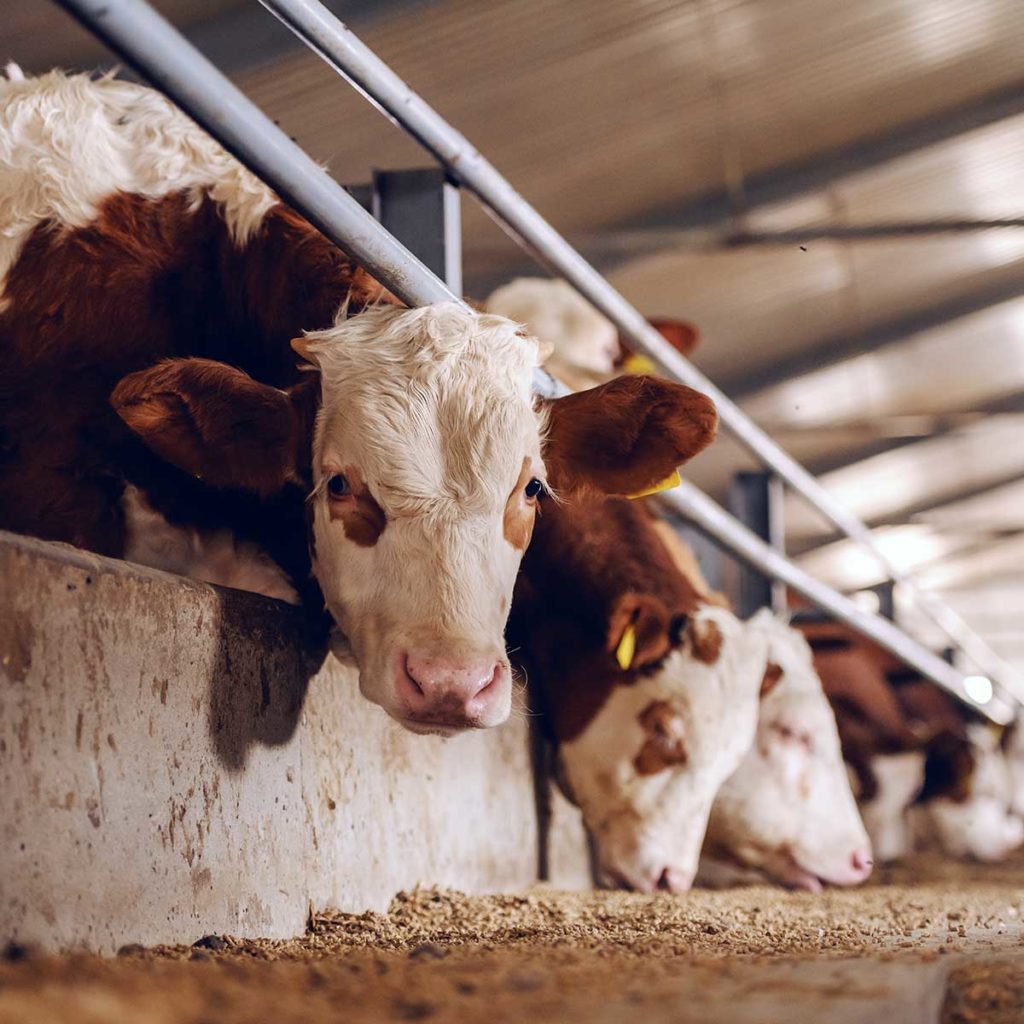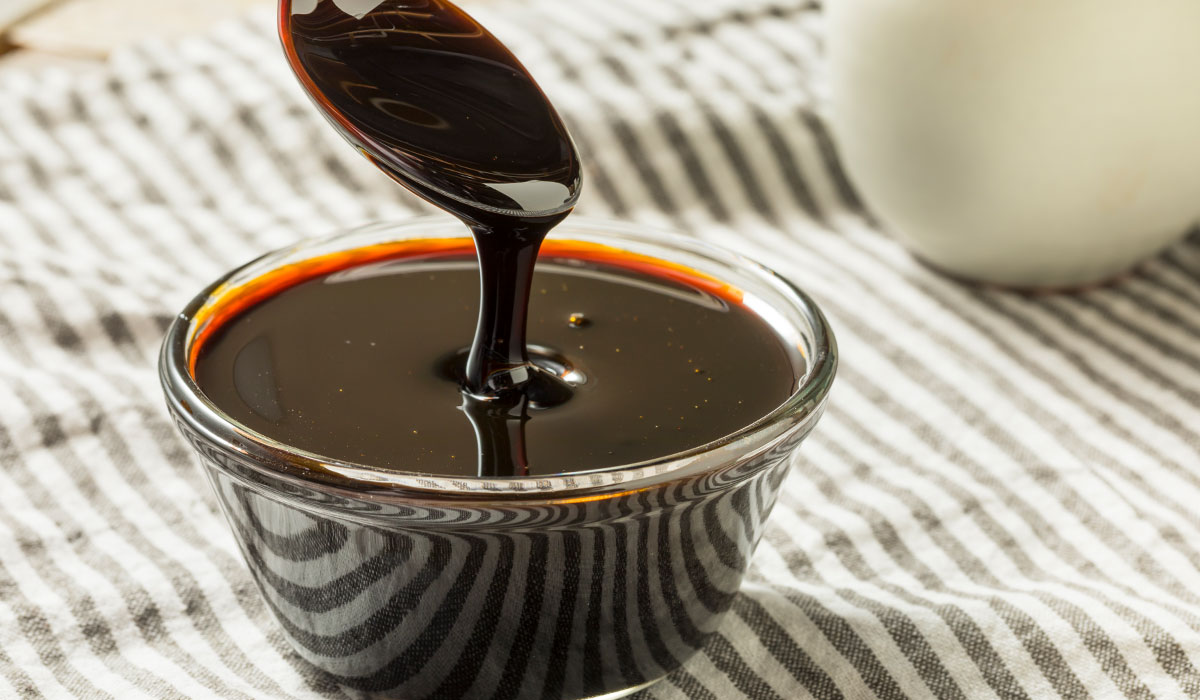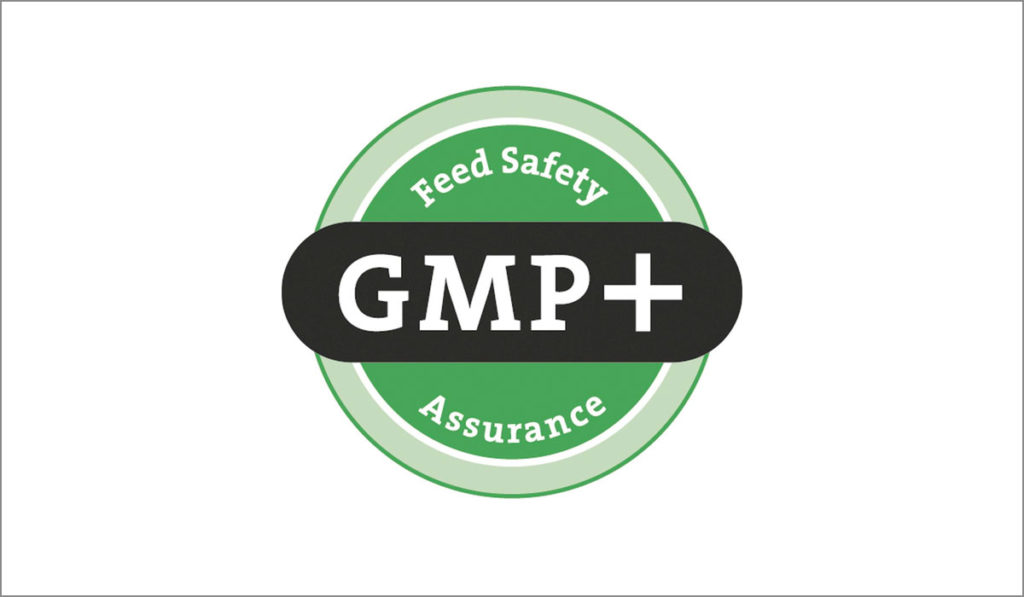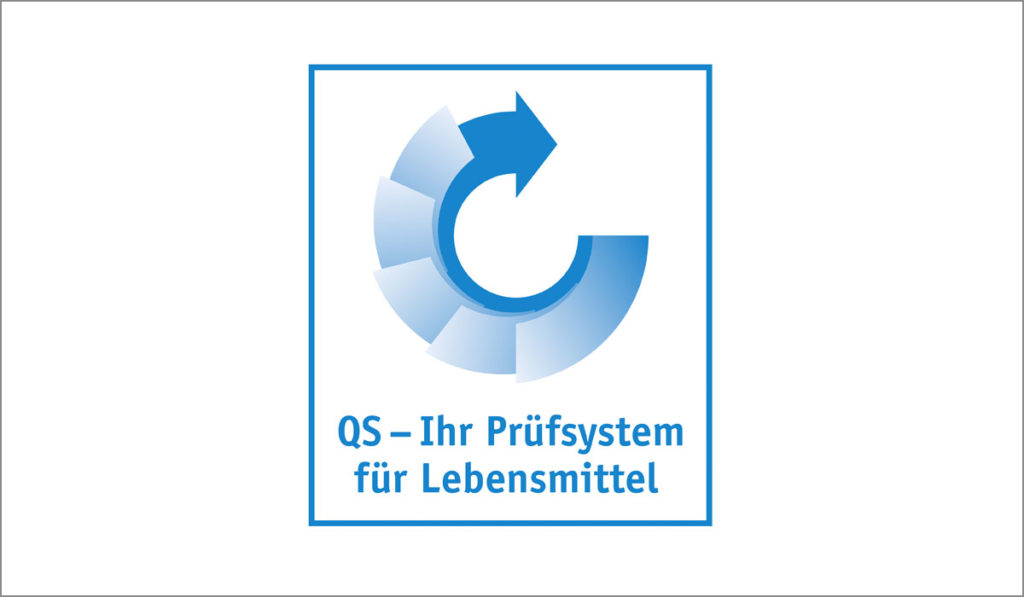Feed – statutory regulations
Feed in Germany is subject to strict controls and statutory regulations, just like food for human consumption. The Food and Feed Code as well as the Feed Regulation serve as regulatory frameworks in Germany, and as an instrument for implementing current EU regulations and directives. The controls and checks are carried out by authorities as well as through internal control mechanisms and bodies. The aim of the legal provisions is to ensure the supply of high-quality feed that ensures the health of animals and people, and to create national and international standards for feed companies and the feed industry. According to EU Regulation 178/2002, feed is defined as “substances or products, including additives, which are intended for oral animal feeding in processed, partially processed or unprocessed form.”
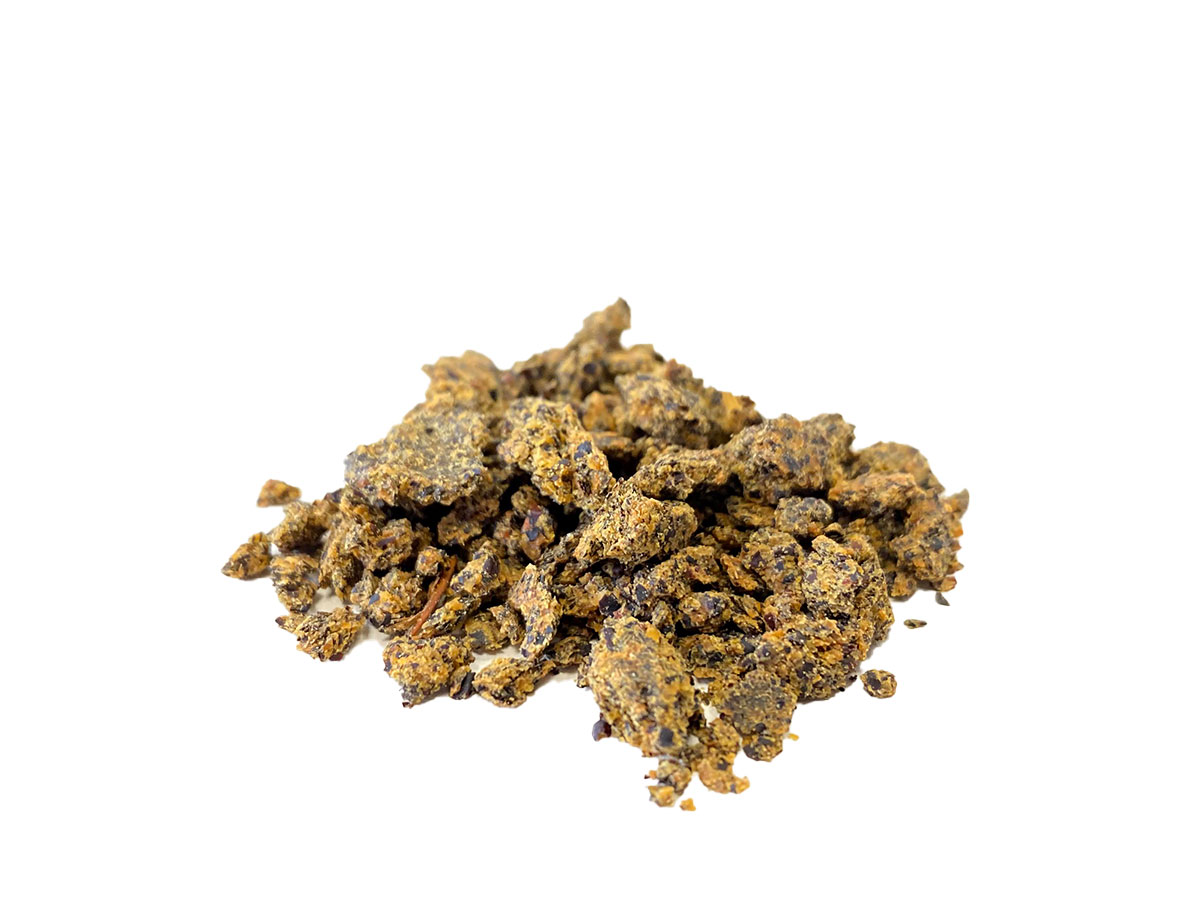 Rapeseed expeller / rape cake
Rapeseed expeller / rape cake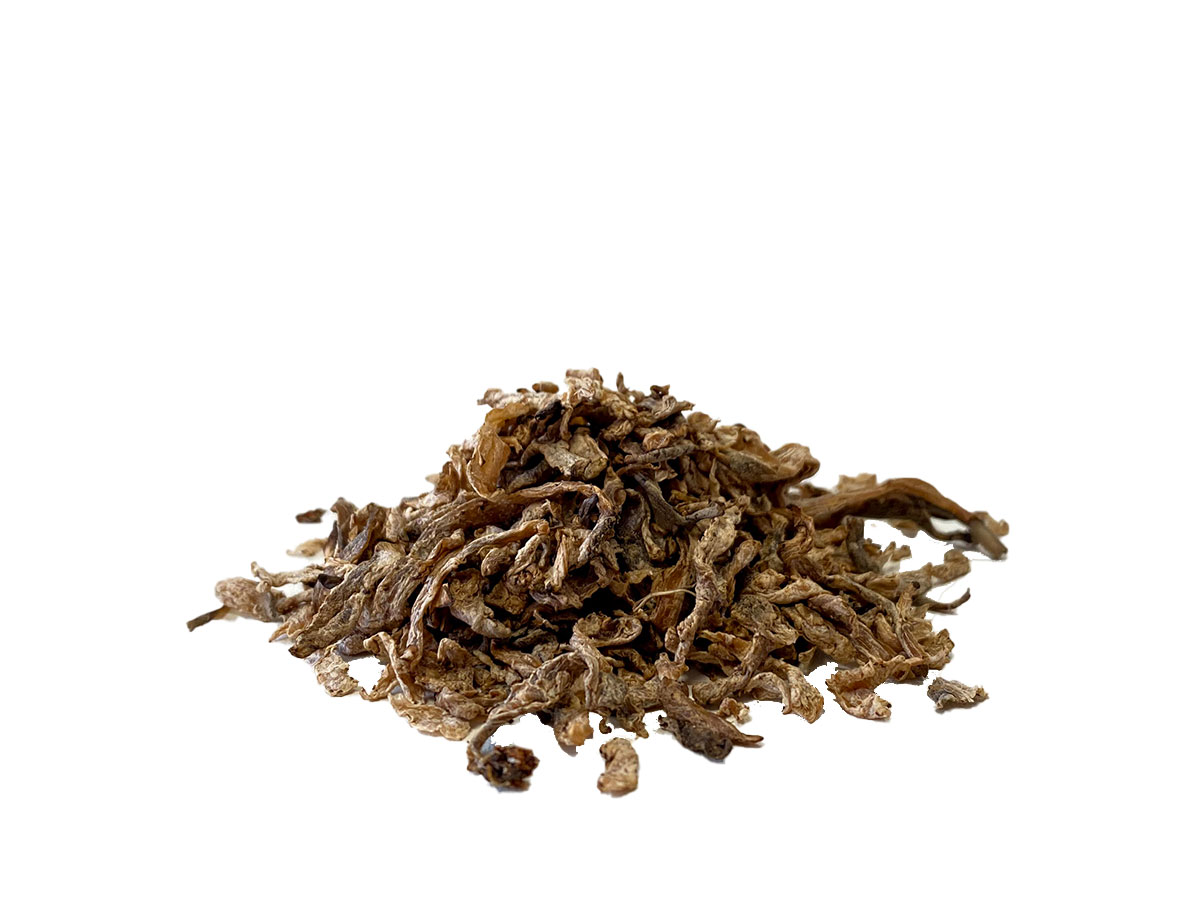 Dry pellets
Dry pellets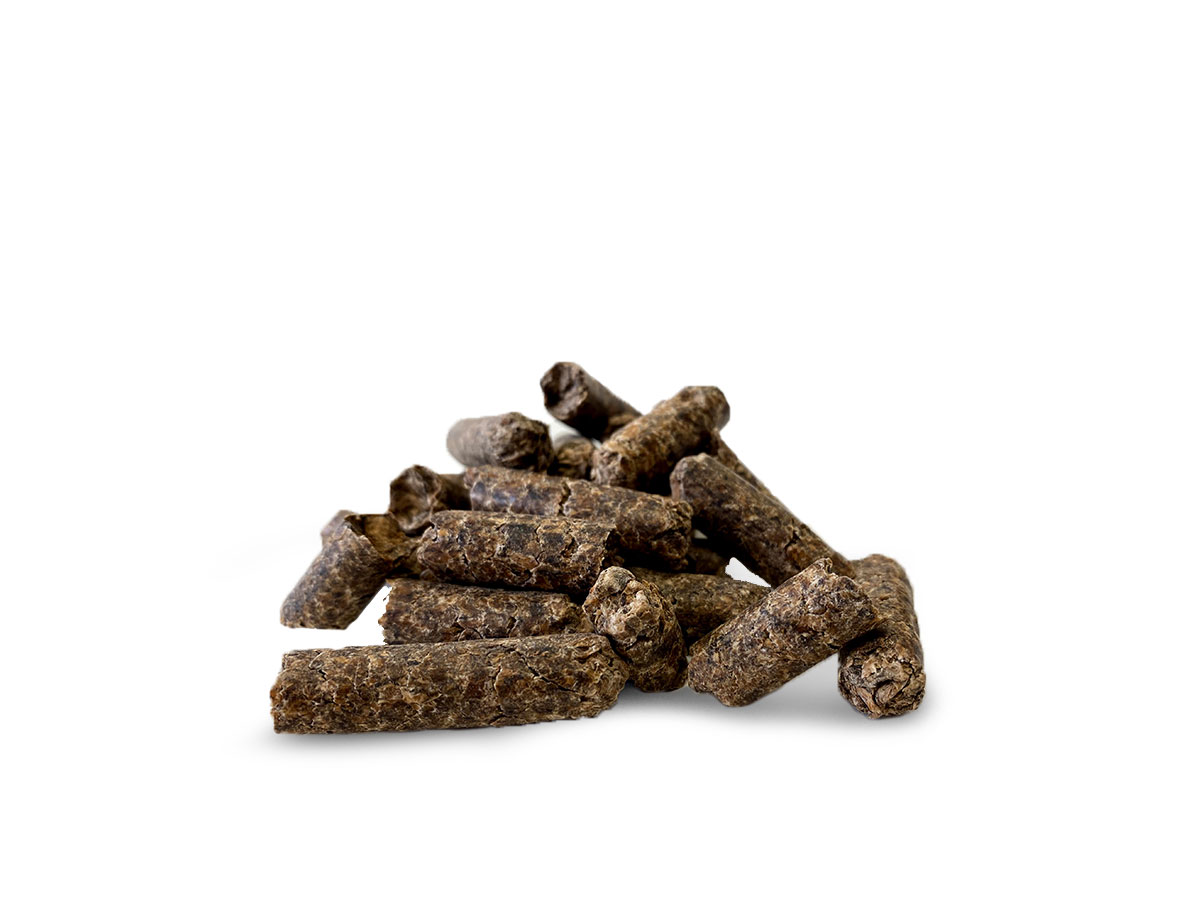 Sugar chips in pellet form
Sugar chips in pellet form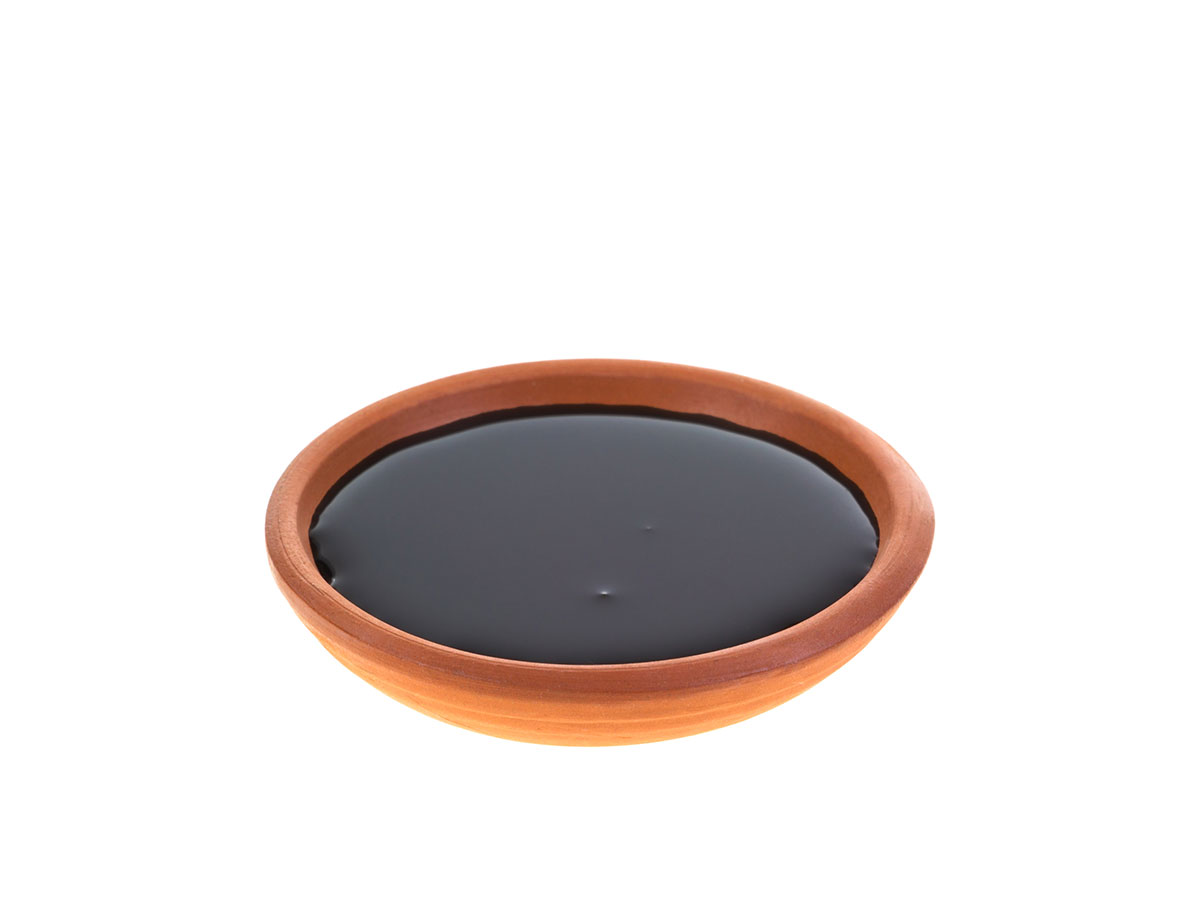 Molasses
Molasses Lucerne
Lucerne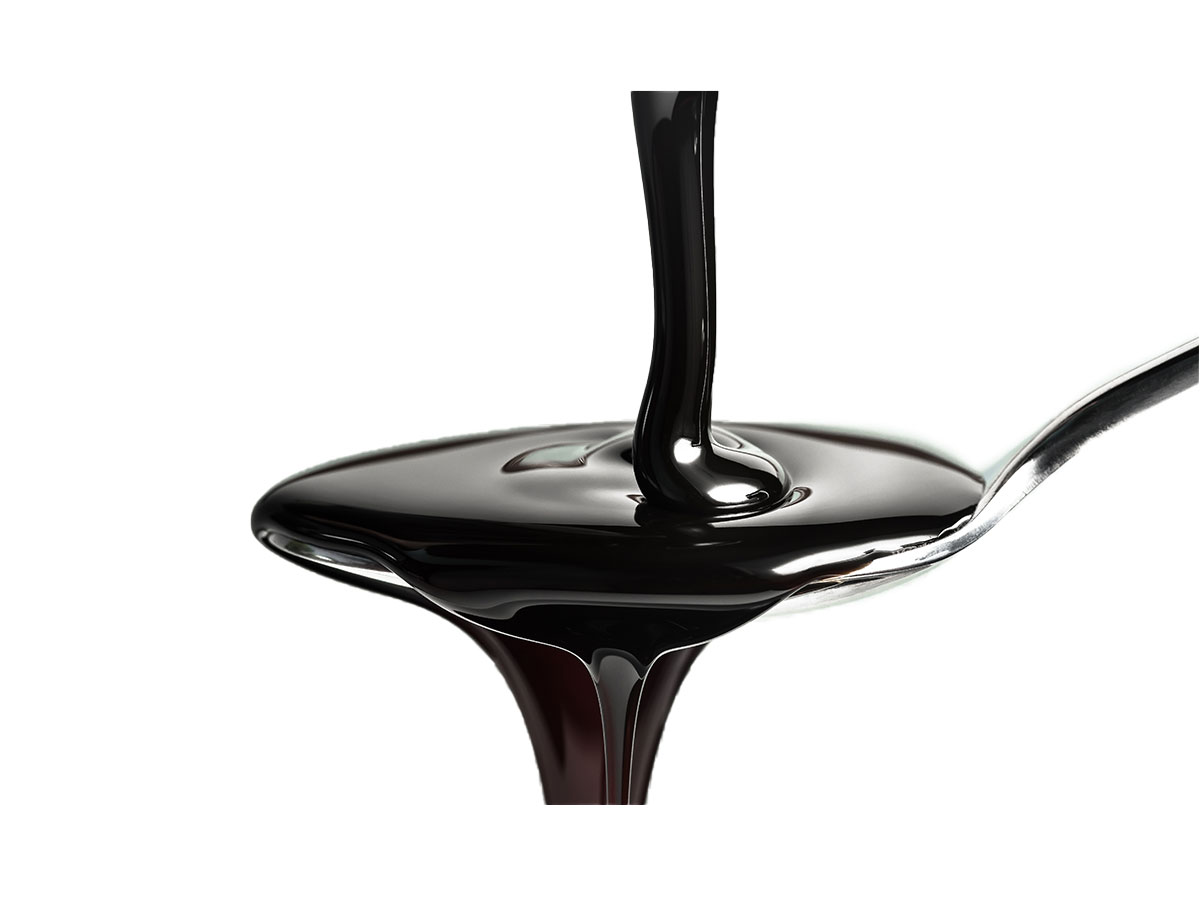 Organic cane sugar molasses
Organic cane sugar molasses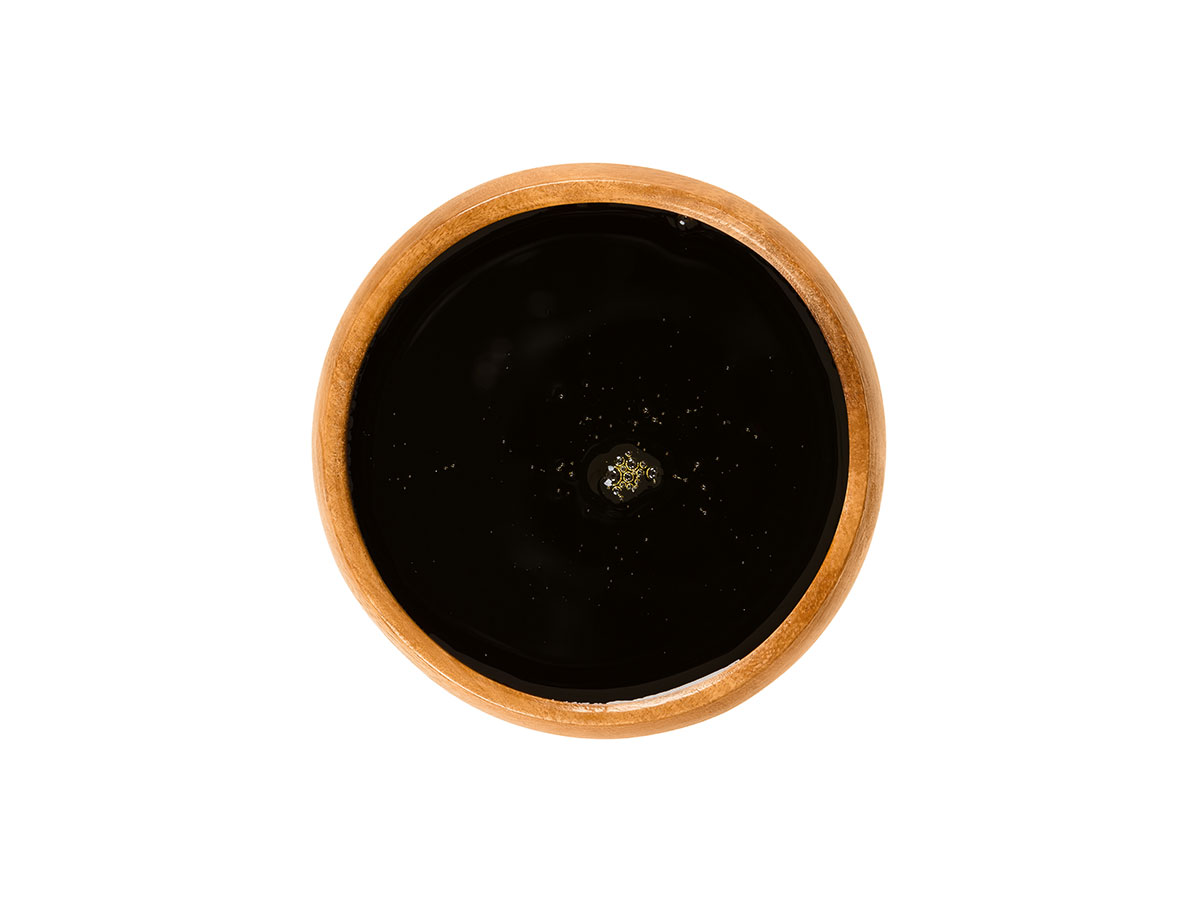 Organic sugarbeet molasses
Organic sugarbeet molasses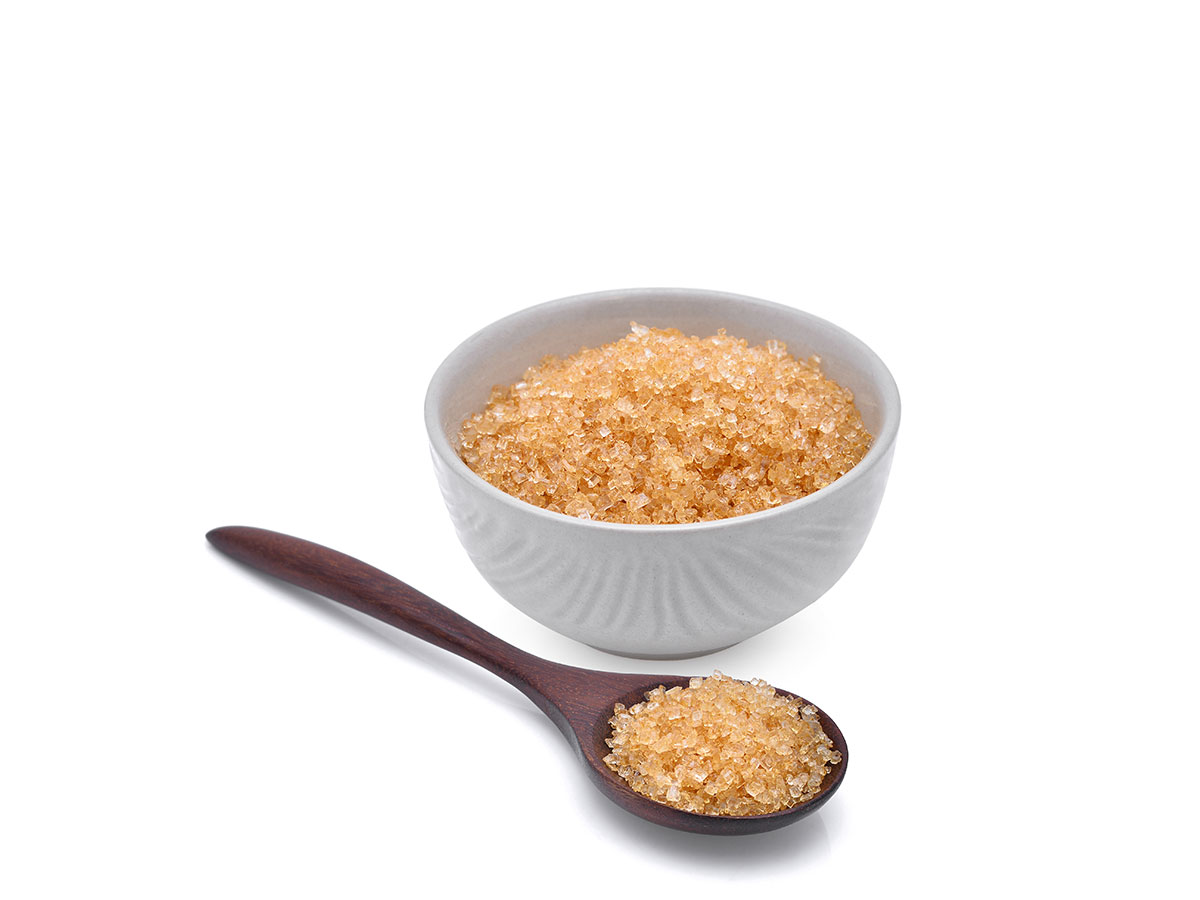 Organic feed sugar
Organic feed sugar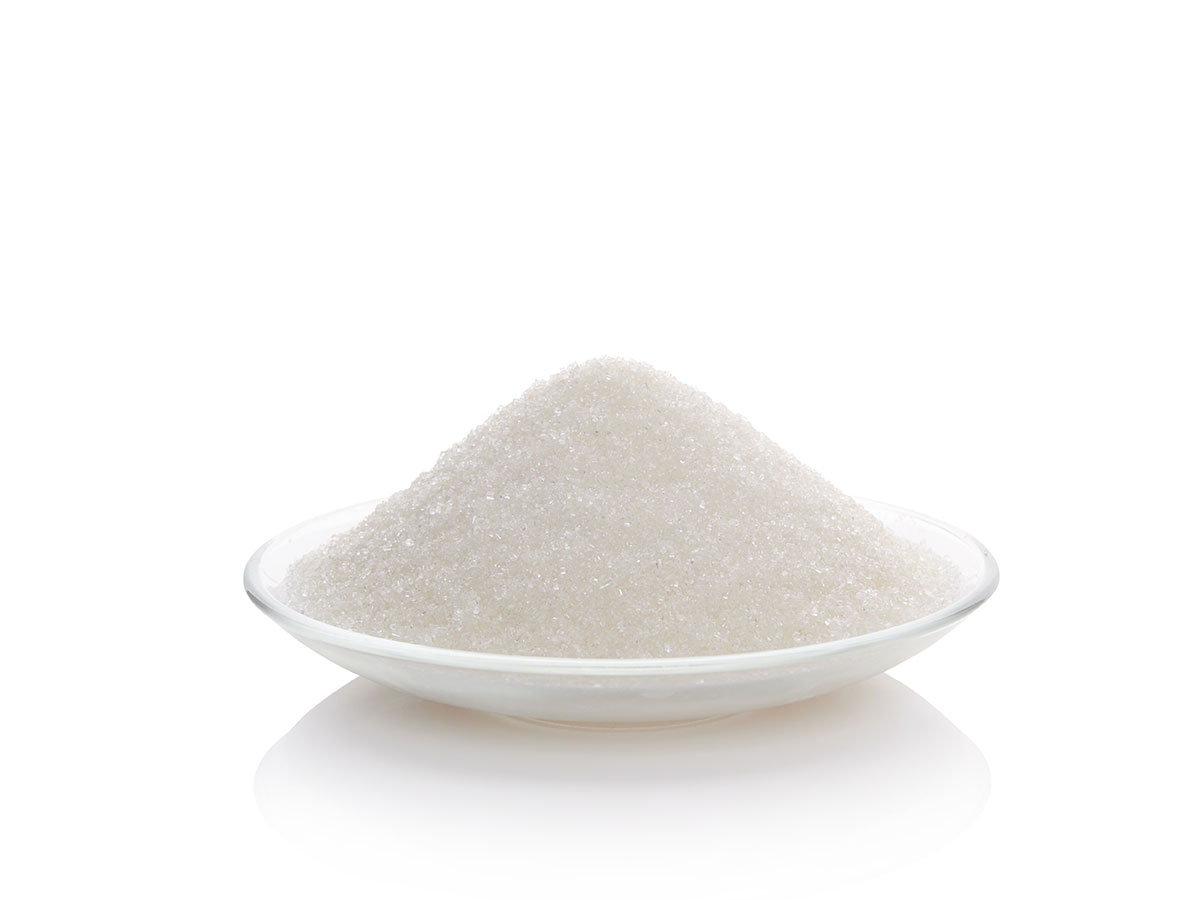 Futterzucker
Futterzucker